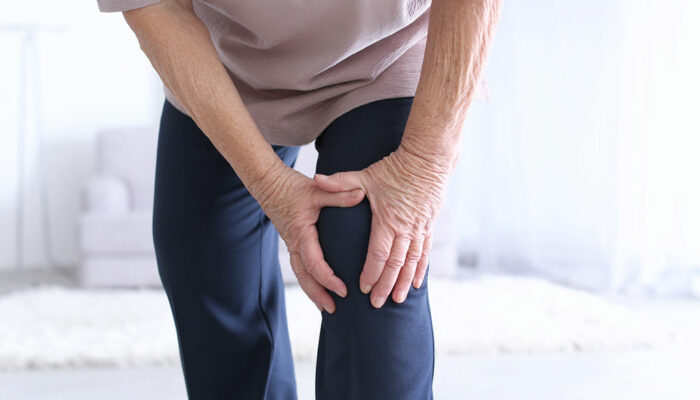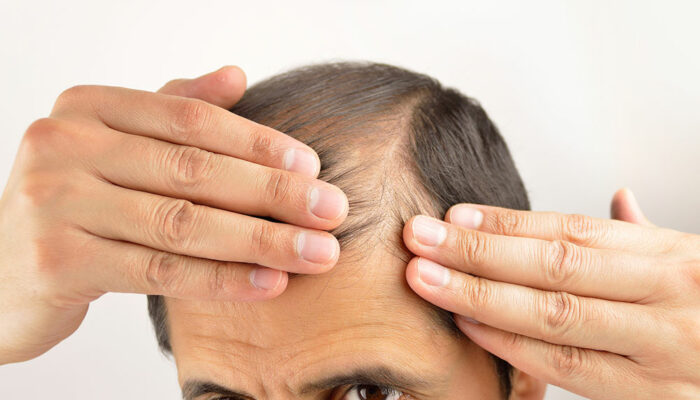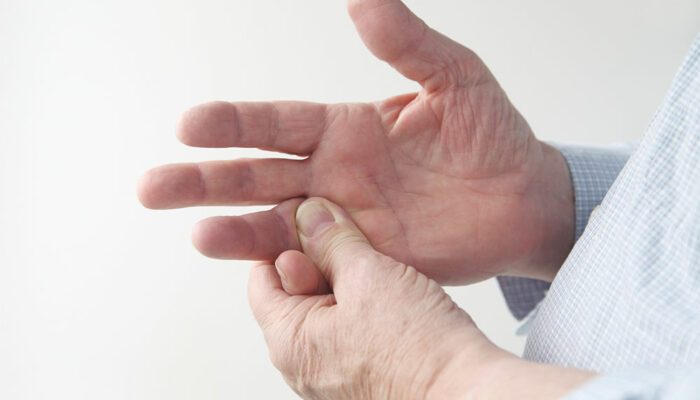
Constipation signs and causes that should not be ignored
Constipation is a gastrointestinal problem characterized by infrequent bowel movements, which can be less than three times a week. The stool consistency may be hard and dry, and one may find it difficult or painful to pass it. Moreover, chronic constipation may last several weeks and usually affects a person’s quality of life. Constipation is a curable condition and the cause and severity of the condition may vary from person to person. Constipation signs Inability to pass stool The obvious sign of constipation is hard stool that may be painful to pass. Those who are constipated may feel the urge to go to the bathroom but may find it difficult to pass stool. Dry stool consistency The usual stool consistency of a constipated person is hard and dry, and it may require strain to empty the bowel. Additionally, bowel movement is also hampered. Inability to pass gas and bloating An inability to pass gas is a common sign of constipation and this can cause bloating or abdominal discomfort. These symptoms may lead one to feel full quicker than usual after eating regular meals. One may also experience cramping or stomach aches. Sluggishness and loss of appetite Since the waste matter is not pushed out of the system, it may lead one to feel sluggish.
Read More 















